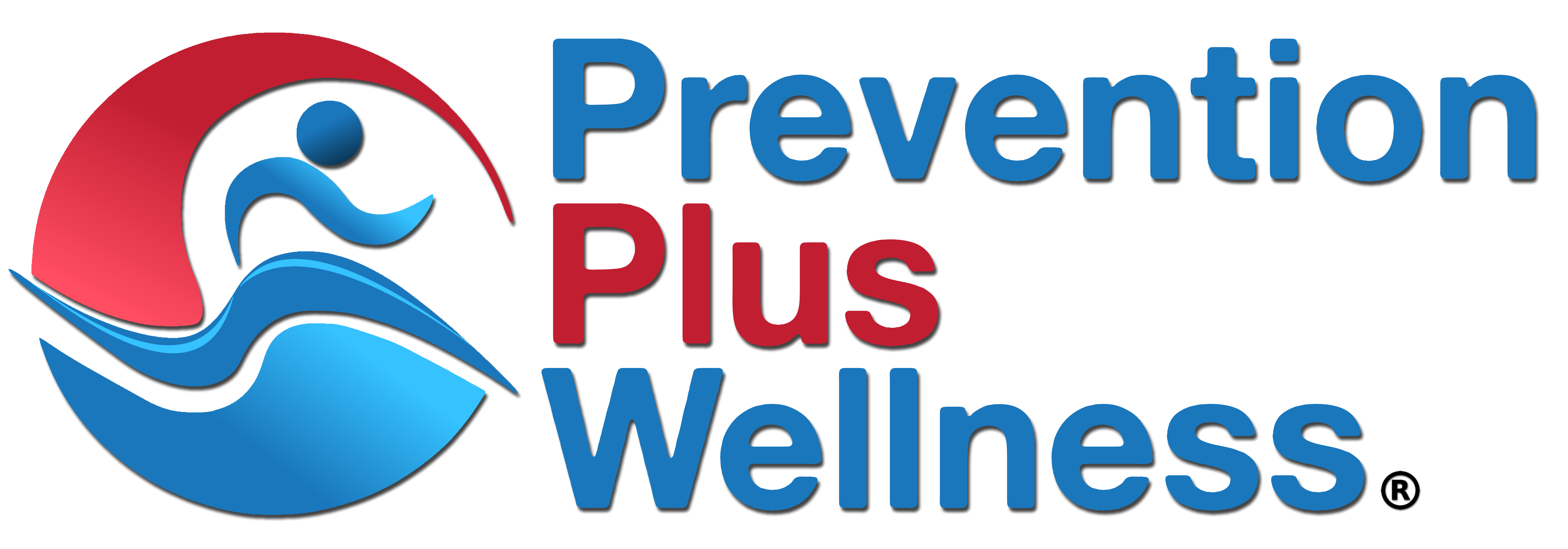A recent meditation from Fr. Richard Rohr, a Franciscan Priest, compared the Bible Gospels with the Twelve-Steps as life-changing and healing strategies we can all benefit from.
Fr. Rohr says:
I am convinced that, on a practical level, the gospel message of Jesus and the Twelve Step message of Bill Wilson are largely the same message. The Twelve Step Program parallels, mirrors, and makes practical the same messages that Jesus gave us, but without as much danger of spiritualizing the message and pushing its effects into a future world.
It's a fascinating comparison, the Gospels and Twelve Steps, and one I think many treatment and recovery specialists will find interesting and instructional for those suffering from substance use disorders.
But are there any implications in this comparison for preventing substance use and addictions?
While the post does not explicitly present any prevention recommendations, I believe there are some important lessons for prevention providers which at the same time happen to parallel the Prevention Plus Wellness model.
Prevention Implications
Since we are all addicted to our own habitual ways, as stated by Fr. Rohr, one prevention implication is to encourage youth to reflect on their behaviors and how they may be helping or harming their growth, daily functioning, future success, and happiness.
This would include, in particular, their substance use habits but also their healthy lifestyle behaviors that influence substance use and mental health.
Asking youth questions or having them complete a survey to assess their current health habits, like those used in Prevention Plus Wellness programs, would be an important strategy to help young people become more reflective and aware of their habits and specifically, which ones are worth maintaining or increasing and which ones need to be reduced or avoided altogether.
In other words, which behaviors are youth attached to that are helping or harming them becoming the best versions of themselves, and which ones are lacking from their current daily lives that could help them reach their desired goals?
The other implication suggested by this article is to have youth start a practice that would help them be more aware of their thinking and enhance their consciousness.
This could be prayer as a form of non-dual resting, as Fr. Rohr indicates, but it could also include other similar reflective, relaxation practices like meditation, walking in nature, and setting time to be quiet and away from outside distractions and noises, particularly electronic screens and social media.
How can youth make these types of positive, behavioral changes in their lives? A key strategy we use at Prevention Plus Wellness is muti-health behavior goal setting.
This is where youth are asked to set and monitor weekly goals to both avoid destructive habits like alcohol and drug use, but at the same time increase protective behaviors that increase their wellness, such as regular physical activity, eating health breakfasts and other foods, adequate sleep, and regular use of relaxation strategies.
Conclusion
In summary, Fr. Rohr’s excellent meditation comparing the Bible Gospels and Twelve-Steps has some important implications for prevention and health providers and parents.
These include:
- Encourage youth to reflect on their behaviors and how they may be helping or harming their growth, daily functioning, future success, and happiness by asking them questions or having them complete a survey to assess their current health habits.
- Help youth be more aware of their thinking and enhance their consciousness by practicing reflective, relaxation practices like prayer, meditation, walking in nature, and setting time to be quiet and away from outside distractions and noises, particularly electronic screens and social media. muti-health behavior goal setting.
- Have youth set and monitor weekly goals to both avoid destructive habits like alcohol and drug use, but at the same time increase protective behaviors that would increase their wellness, such as physical activity, healthy eating, sleep, and relaxation practices.
Read the entire meditation: https://cac.org/daily-meditations/a-counterintuitive-wisdom/
Learn more about the Prevention Plus Wellness model: https://preventionpluswellness.com/pages/ppw-logic-model

